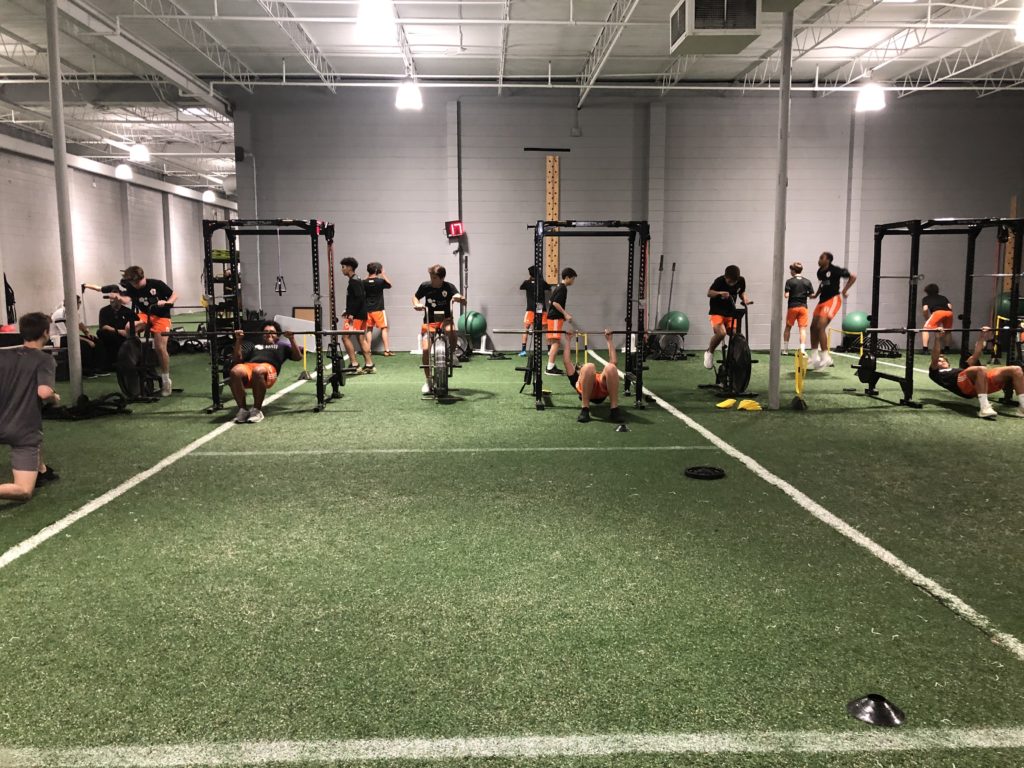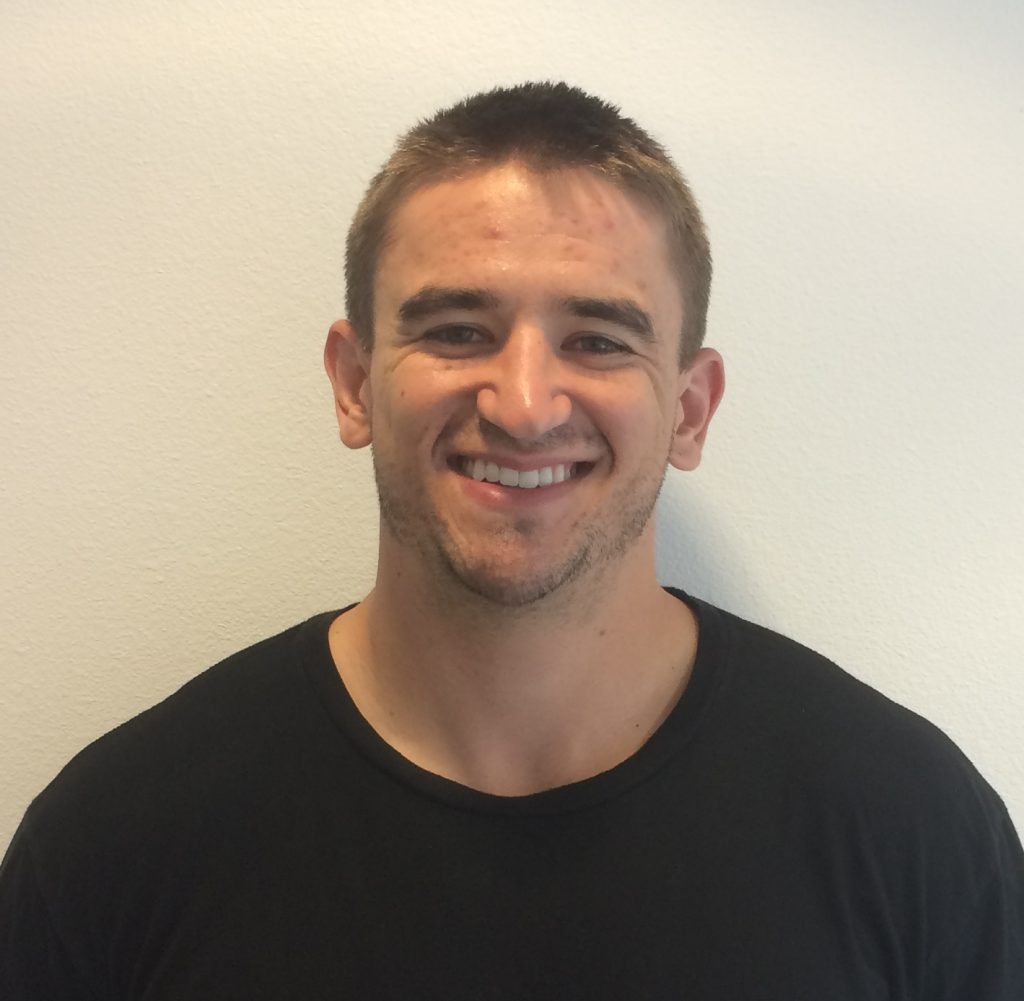
INSIGHTS
Simple Daily Habits to Remain Calm, Composed, and Under Control of Your Day

By: John Williams
You don’t need to be in quarantine to practice these daily habits, as I have slowly implemented them into my routine over the past couple years. I have found that regardless of circumstances in my life, what’s going on in the world, how stressed I am, or what day of the week it is, having daily rituals and habits gives me structure, and consistency in my day. This allows me to be more flexible with whatever I am confronted with, or what stressors the world can throw at me. When my day could feel like it’s getting out of control, it’s having consistent structure that allows me to stay connected to myself, and stay focused on what’s important at hand. Whether I am sad, stressed, lonely, or a host of any other related emotions, I have a game plan for that day. That game plan and internal dialogue says “hey, stick to the things you know, and you’ll get back at it. We’ll be good. ” When we don’t have that game plan, a lot of times all we can think about is how sad, stressed, or lonely we are. We’re lost. This creates that vicious cycle in our head that only amplifies those exact feelings! Then we begin to beat ourselves up because we’re feeling this way, and we become our own biggest critic. There are so many external factors in life that we cannot control (traffic, weather, pandemics) that staying focused on what we CAN control can bring clarity and confidence to our days. It can bring a sense of fulfillment, and accomplishment for that day. This allows us to respond to those external stressors with a clearer mind, and more effective decision-making. Overtime these results add up, and you will find yourself searching for more.
Wake Up on the First Alarm.
You don’t need to snooze. When you hit the snooze you’re really wishing it were another 50, not 5. But in 5, it’s going to go off again, and you’ll be even groggier than the first time. Place your phone away from your bed to force you to get up and turn off the alarm. Only set ONE alarm to develop trust, and confidence in yourself that you can get up on the first alarm. You really can. It doesn’t matter how early it is. This already starts your day off with an “I can do this” type attitude.
Take a Cold Shower
Every time I’m about to hop in and take one, I cringe and wish I didn’t have to. But again it’s starting your day off with an “I can do this” type attitude. Cold showers increase mood and alertness, strengthen immunity and circulation, and help regulate your autonomic nervous system. After waking up your body is in a parasympathetic state (resting state). This cold shower immediately puts you in more of a sympathetic state (fight or flight). This change in state leads to the increase in alertness and blood flow to all areas of your body. This increase in circulation kick-starts your metabolism, speeds up healing, and helps burn fat. All systems activated. It can also help reduce swelling, and decrease chronic aches and pain.
Breathe
It’s important to know how to breathe. On average we breathe anywhere from 17,000 – 30,000 times a day. If those breaths aren’t performed efficiently, oxygen isn’t being utilized and transported through the body as optimally as it should be. This includes oxygen to all major organs, including the brain. When your brain is at a lack of oxygen, performance decreases. There are a host of other benefits from breathing including: greater sense of mental clarity, assisting the immune system, regulating our emotions, detoxifying the body, aiding digestion, lowering stress hormones in the blood stream (cortisol and adrenaline), and many others.
I use the “XPT Life” app on my phone, which is free of charge. I perform the “Morning Routine” in the morning, and the “After Work Routine” after work in the evening. Both routines are 9 minutes long, and are guided by a breathing coach who helps along the way.
Journal
Journaling may be the most important habit of all of these. The more precise, vivid, and detailed you are with your thoughts and writing, the more effective your journaling will become. The more intention you put behind it, the more you will get out of it. Becoming aware of our thoughts, and our feelings, is the first step in changing them. Journaling reinforces, and practices self thought to help us become more aware of our internal dialogue and self talk. As we practice becoming consciously aware of our subconscious thoughts we can then begin changing them. Eventually the dialogue of those subconscious thoughts changes as you consistently reinforce a more positive projection. Research shows the more we can project ourselves becoming the person we want to become, the more our genetic coding and neurological wiring will begin reinforcing those thoughts. You literally become who you project yourself becoming. If I journal everyday, think critically with vivid detail, and reinforce the values, characteristics, and emotions I want to live by I will eventually become that person. Every night before bed I journal who I want to become, and every morning I journal and set my intentions for who I want to be that day.
Journaling also helps us articulate our thoughts with more precision, communicate more efficiently, and increases our capability of connecting with those around us. All of which leads to a more fulfilled, and happier life.
Every Morning after my breathing routine I journal these questions:
What am I happy about? “What about that makes me happy, how does it make me feel.”
What am I excited about? “What about that makes me excited, how does it make me feel?”
What am I proud of in my life? “…”
What am I grateful for in my life? “…”
What am I enjoying in my life right now? “…”
What am I committed to in my life right now? “…”
Who do I love? Who loves me? “…”
In the evening after my breathing routine I journal these questions:
Evening Questions:
What was great about today?
What did I love about today?
What have I given today?
In what ways have I been a giver today?
What did I learn today?
How has that added value in my life?
In what ways did my life improve today?
What did I do today towards reaching my goals, and what can I do tomorrow?
What are the values and emotions I want to live by?
Move
Exercise is one of those things you need to make yourself do, even though you absolutely don’t want to. At least not all the time. Being properly educated on a topic is important. The more educated you are, the more conscious you are of your actions. You understand the “why” behind doing things. You understand the importance of it. The positive or negative effects that can come from it, and this can help with your conscious decision-making. If there were ONE topic I wish everyone were more educated on, it would be exercise. If so, I believe everybody would be dramatically more active, and our society would be healthier because of it. The overwhelming amount of evidence of benefits that exercise can have on the brain, and body, is astounding. The neurochemical chain of events that occurs after a bout of exercise has been proven to be the world’s greatest smart drug, pain reliever, antidepressant, and anti-aging drug all in one. The “runners high” is no placebo effect. That “pump” that you get isn’t a joke. When confidence is high, and you’re feeling good, you can reassure yourself that it’s for real. Our body’s natural incentive and reward system to encourage us to move are those exact feelings and emotions we get after moving. Exercise also helps you lose weight, strengthen your immune system, bones, tendons, and muscles. It helps increase energy levels, reduce your risk of chronic disease, and puts you to rest easier at night. Nearly every aspect of your health inside and out is impacted positively by exercise. If you want to know all the powerful effects of exercise on the mind, and body, read “Spark” by John Ratey. A jog, or bike ride, for 30 minutes can do the trick.
Get Outside
I think sunlight is the most underrated, and beneficial habit that the majority of us don’t think twice about. The therapeutic and calming effects of the sun remind us all of those sun-filled days at the beach, or pool, and then coming home to the greatest nap of our lives. Without any science I personally just think it’s important to be outside, and to get sunlight. It connects you with nature. Yes, there are plenty of biological processes that occur when our skin is in direct contact with sunlight, but none better than just disconnecting from indoors in which we spend a grand majority of our days. Sunlight boosts immunity, improves sleep, enhances mood and energy, reduces risk of cancers, lowers blood pressure, and helps fortify our skin. 15-20 minutes of direct sunlight a day without sunscreen lotion is what professionals recommend.
Leave a Reply